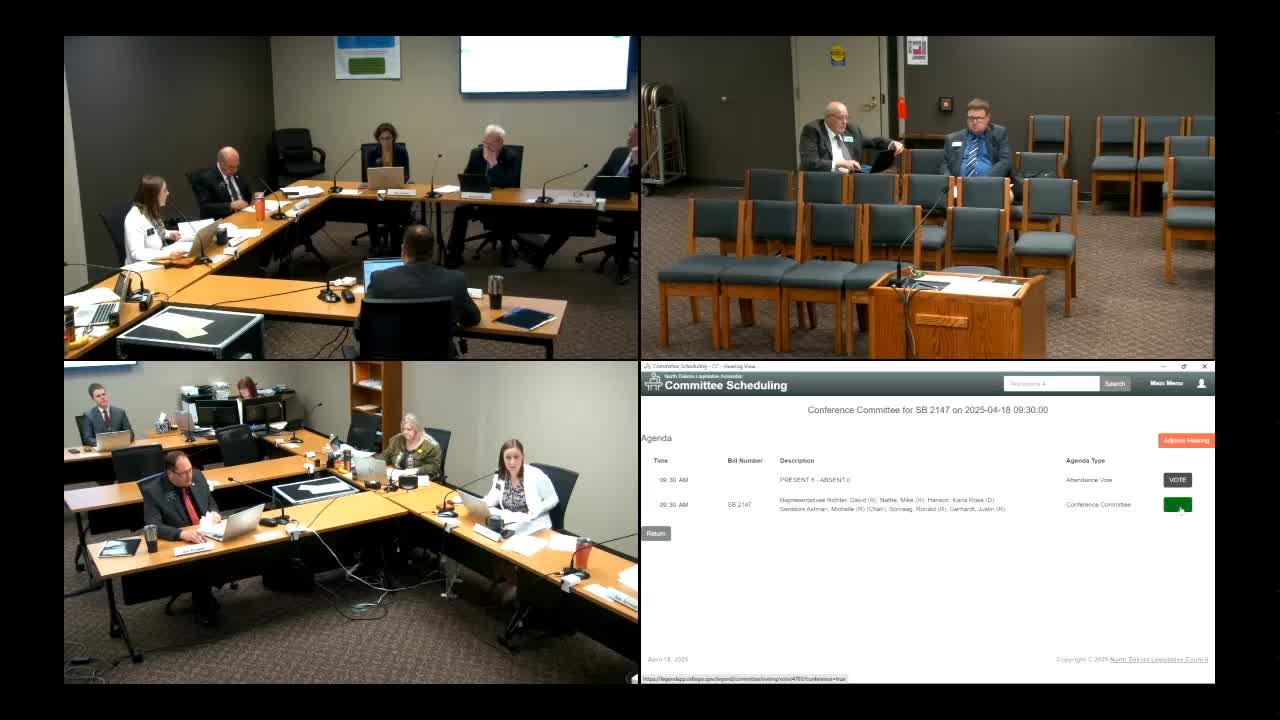Committee delays decision on scholarship "stacking" after debate over costs, reduces initial appropriation
Get AI-powered insights, summaries, and transcripts
Subscribe
Summary
Members debated removing a cap that prevents state scholarships from exceeding an institution'determined cost of attendance and discussed cutting a supplemental scholarship appropriation from $12.2 million to $2 million. The committee agreed to table the policy change and asked the university system for numbers before acting.
At a House higher education committee meeting, members debated whether to remove language that prevents a State Board scholarship from exceeding an institution'determined cost of attendance and discussed a reduction in the bill''s supplemental scholarship appropriation from $12,200,000 to $2,000,000.
The change to remove the word "not" from language that had read "The State Board of Higher Education may not issue a scholarship under this section in excess of the total cost of attendance" was explained by Representative Richter, who said the committee's policy intent was to "assure that [students] get the full benefit of those scholarships because they've earned them." Richter said some students lose the full value of state scholarships when campuses offset institutional aid against state awards.
Senator Scribe pushed back, noting the bill previously split in the interim committee and saying, "This bill failed actually 7 to 7," and that keeping the cap could make limited scholarship dollars available to more students. Representative Hansen raised administrative concerns, saying the difference in money at issue "is a few tens of thousands of dollars" statewide and that the cost of reallocating excess scholarship dollars might exceed the savings. Senator Gerhardt questioned donor intent and whether scholarships should provide money "above and beyond what it takes to go to college," arguing cost-of-attendance estimates already include padded items such as travel.
Representative Victor and other members described how scholarship awards are finalized at the campus level: "what a student actually gets for [a] scholarship is really determined at the campus level," Victor said, noting campuses apply multiple institutional and state awards when calculating a student's final package. Senator Saabat urged better communication between the system office and campuses so students' total aid is clear.
On the appropriation, members said the bill originally carried a fiscal note of roughly $12,000,000 that would have helped about 6,329 students. The version amended in appropriations lowered the initial appropriation to $2,000,000; committee members said that sum was estimated to help between 1,200 and 1,500 students as a pilot. Members also discussed a proposed eligibility cutoff discussed as an "80,000" limit modeled on a Minnesota program and questioned whether a lower per-student payment would allow all eligible students to receive something rather than a few receiving full coverage. One committee member said there are about 2,426 students who would qualify for the top-off under that eligibility threshold.
Chair Axman asked members if they would table the change to the cap and consult the university system for more detailed calculations; members agreed to table the policy change and to "regroup and talk to university system, run the numbers," before scheduling another meeting. The committee recessed for the day without taking a formal recorded vote on the policy language.
The item will return for further committee consideration after the system office provides detailed distribution scenarios and fiscal math requested by members.
